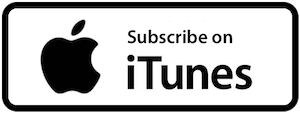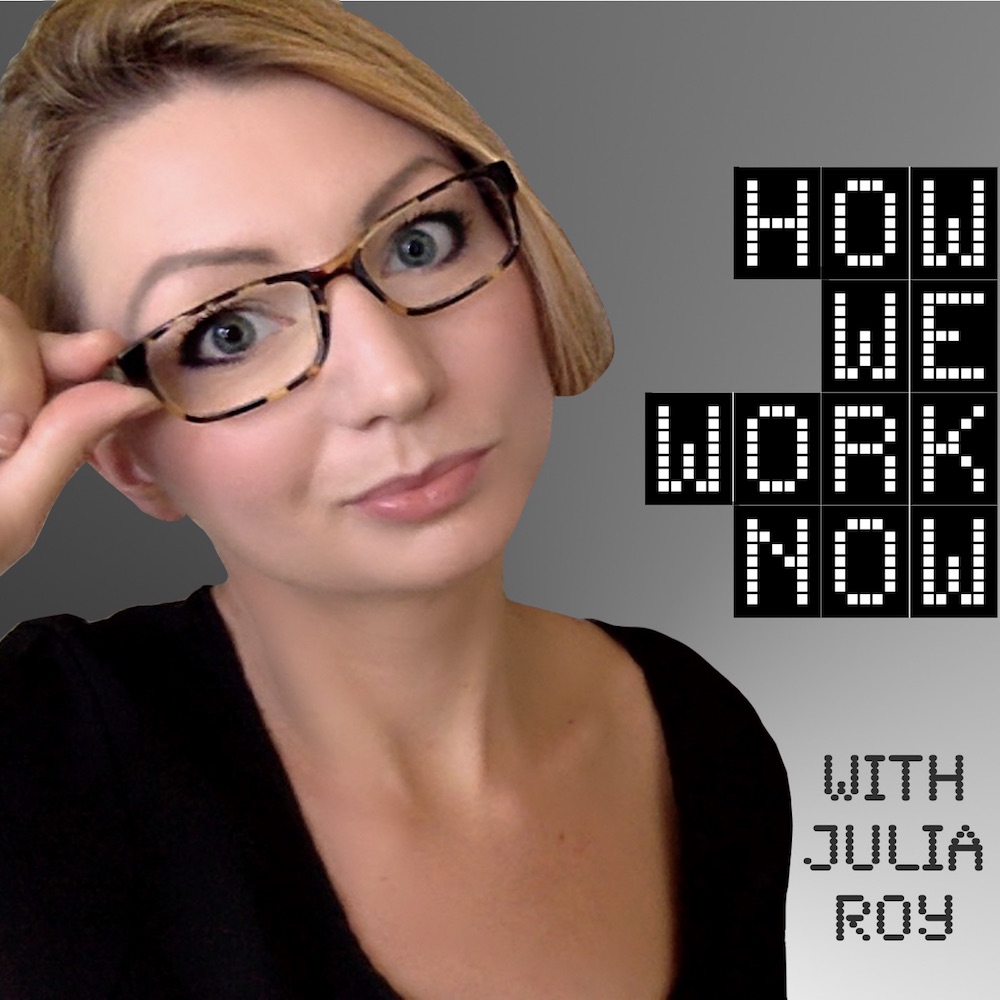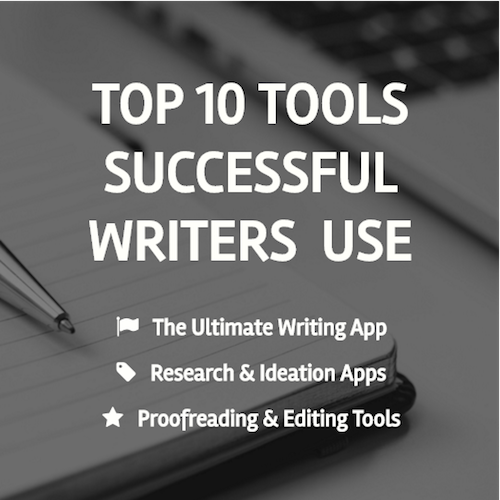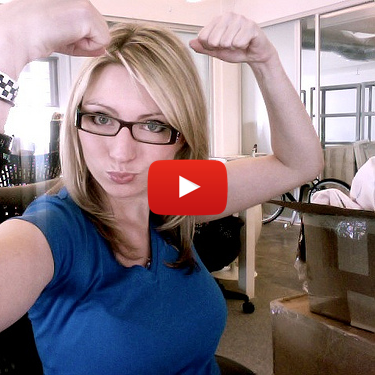An artist has to know when to walk away. Establish the discipline to say “this is done” with your writing. –Sharí Alexander
About Sharí Alexander
Sharí helps leaders and entrepreneurs be more persuasive. Everything she writes and teaches is based off of personally studying under master influencers, including CIA field agents, hostage negotiators, con-artists, HUMINT officers, interrogators, trial attorneys, mentalists, undercover law enforcement, and even pick-up artists.
According to Sharí, when a con artist knows more about influence, and has a language around influence, but leaders and entrepreneurs don’t, there’s something wrong. Sharí want’s to turn those tables around. Her mission is to put these powerful skills in the hands of entrepreneurs and leaders so that they can effectively be a positive influence in their businesses and lives.
In this interview Sharí talks about what to listen for and look for in order to be more observant and more influential in interviews and everyday conversations, why the best creativity happens inside (not outside) the box and how all books are really team projects. We also discuss how true artists know when to walk away and how, as writers, we too need to have the discipline to say “this is done” with our writing.
Listen to this episode on iTunes.
Listen to this episode on Soundcloud.
 This podcast is brought to you by Ulysses. Ulysses is a fully-fledged, beautiful and distraction-free writing app your Mac, iPhone and iPad. It’s been my primary writing app for over a year now and I know I will never stray. Because… it make me want to write. That’s why I’m stoked to tell you that Ulysses is offering the listeners of this podcast a very special extended free trial. If you’re looking for a writing app to love go to ulyssesapp.com/howweworknow to get your extended free trial of Ulysses for Mac.
This podcast is brought to you by Ulysses. Ulysses is a fully-fledged, beautiful and distraction-free writing app your Mac, iPhone and iPad. It’s been my primary writing app for over a year now and I know I will never stray. Because… it make me want to write. That’s why I’m stoked to tell you that Ulysses is offering the listeners of this podcast a very special extended free trial. If you’re looking for a writing app to love go to ulyssesapp.com/howweworknow to get your extended free trial of Ulysses for Mac.
Topics We Explored
- The three stages of influence
- What to listen for and look for in order to be more observant and more influential in conversations.
- What it’s like when you have 4 years of research under your belt and now it’s time to write.
- How to know when you have enough research to start writing.
- Realizing that the topic of the book your trying to write is too broad and you have to pick a more narrow focus
- When you have to let go of a book that you put a lot of time, energy and effort into because it’s not right (for whatever reason)
- The challenge of interviewing people who have sensitive, secret or high level jobs and don’t want to be quoted.
- Building trust with the person you’re interviewing and how to get the most out of them.
- The difference between the three types of conversations (interrogation, interview and elicitation) in regards to getting information from someone else.
- The bracketing and bucketing sales process techniques.
- Writing first thing in the morning. And to help with this, know what you’re going to write about the night before.
Key Takeaways
- When you’re talking to someone and you want to influence them or the conversation, give your mind a task so that it doesn’t wander and can focus in on the goal and the outcome that you want.
- When you’re researching people to write about you should read their books, books they referenced or mentioned in your interviews.
- Set up Google alerts so you’re up to date with everything that’s going on in your industry.
- Part of the artistic process is realizing that you don’t really know what it’s going to be until it’s done and you’re going to go through lots of ebbs and flows until you arrive at where you need to be to make great work.
- When you’re scheduling interviews for research, allocate a minimum of 1 hour, even 2 hours if you can, so that you have enough time to build report and get down to the specifics you’re looking for.
- As the person you’re interviewing is telling you a story, imagine it in your mind and anywhere where you don’t have a detail, ask a question to clarify but ask it in the form of a statement. This is because questions are actually very poor tools in conversations. Questions trigger mental filters that put the interviewee in a more uncomfortable position than if you were to simply make a statement that they can then agree with or correct.
- The artist has to know when to walk away. Establish the discipline to say “this is done” with your writing.
- All books are really team projects. At some point you have to hand it over to an editor and collaboratively work through the rough spots together.
- A rule you should have with yourself when you’re writing is when you’re finished writing a chapter, do not go back to that chapter and re-read it until the rest of the book is done.
- The best way to build a consistent writing habit is to surround yourself with a community of people who are trying do the same thing.
- The best creativity happens inside the box.
Resources and Books Mentioned
- On Writing Well: The Classic Guide to Writing Nonfiction, William Zinsser
Connect with Sharí
- Sharí’s website
- Speak It, Write It, Profit (Sharí’s writing and accountability Facebook group)
- Follow Sharí on Twitter











